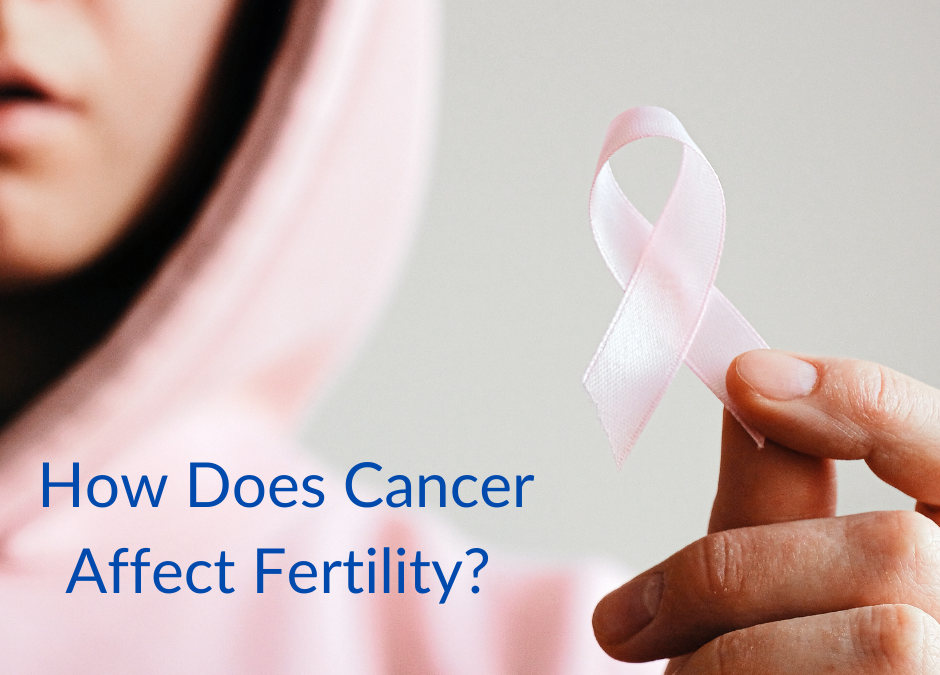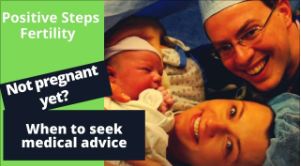World Cancer Day is personal to me.
My mother is a 32-year breast cancer survivor, so I know first-hand how much of a toll it can take not only on women but families. As a fertility specialist, I have personally seen the emotional and physical pain that cancer causes not just in the moment, but also in later fertility and the dreams of growing a family. At Positive Steps, our goal is always to care for everyone as though they are our own family.
The top questions I/we get on cancer and fertility you are below. However, if you want more, post or call us on what you’re looking for, or just come see us!
What Type of Cancer Causes Infertility?
When the body misbehaves, people often think the worst. Fortunately, cancer is rarely a cause of infertility.
There are a few ways cancer can cause subfertility, but these are usually known by the time they present. These include:
Cervical cancer
Though colposcopy is rarely an issue, LEEP, cryo, and conization procedures for pre-cancer, and trachelectomy (and hysterectomy and radiation) for full cervical cancer can have effects. Cervical procedures sometimes make it so that sperm have a harder time getting to the uterus and tubes.
Endometrial cancer
The combination of hormonal (e.g. Megace) and surgical (D&C) treatments can often thin or scar the lining of the uterus, making conception more difficult. Also, as with any cancer, one has to watch for recurrence.
Ovarian/Fallopian tubal cancer
There are a lot of levels to this, where it can be as simple (but unfortunate) as removing an ovary, leaving the lower reserve, to removing both ovaries, hysterectomy, chemotherapy, and more. Options depend on the extent of cancer, but if radiation, chemotherapy, or surgery have fully removed ovaries and/or the uterus (which can also happen for cervical and endometrial cancer), combinations of egg donation and a gestational carrier (slightly different from what people call a “surrogate”) may be needed.
Breast cancer
The top way breast cancer affects fertility is usually through chemotherapy affecting the remaining eggs. Also, as with most cancers, there often has to be a two-to-five-year window for clearance before oncology is comfortable with conception.
Leukemia/lymphoma
These common cancers are similar to breast cancer where chemotherapy can have negative long-term effects on the remaining number of eggs (or sperm).
Testicular cancer
Though the removal of a testicle has a negative effect, there often can be a good function in the remaining testicle, providing it wasn’t removed as well or that chemotherapy decreased testicular function.
Does Cancer Affect Fertility?
Though there is more beyond these issues, and personal relevance should always be directly coordinated with your physician or nurse practitioner, the core concept is that interventions often affect fertility more than cancer itself. However, the most important thing to do is survive cancer—most of the other fertility issues can be addressed afterward, though some things can be done in advance to help (ovarian protection, egg, sperm, embryo banking, etc.).
Can Fertility Treatments Cause Cancer?
The related concept is that though fertility treatment doesn’t clearly increase cancer risk, causes for infertility may increase the risk for cancer. For example:
– Not having children can increase breast cancer risk.
– PCOS increases the risk for endometrial cancer.
– Endometriosis increases the risk for ovarian cancer.
On a deeply personal note, though the instinct is to be private, having as much support as possible helps a lot in making it to the other side. There are solutions for fertility preservation and conception afterward, all while maximizing the chances of beating one’s cancer.
There is always hope.
Make sure you are open about everything on your mind so that your clinicians can help you with the right things. I’ve seen so many women make it to the other side and then have the family of their dreams.
I hope that your future is bright and that you are ultimately successful in your Trying to Conceive (#TTC) journey!
We are always here to support you and if we can help you in any way, please reach out to us at your convenience.
For more information on Positive Steps Fertility, follow us on Facebook, Instagram, and Twitter.




